Posted:
Four of the five feline species that fall under that umbrella are endangered or near threatened: snow leopards, jaguars, leopards and tigers. Lions, whose populations once numbered close to 200,000, have lost most of their historical range to farms and could face extinction by 2050. They face a slew of threats, from habitat loss and poaching, to retribution killings and the illegal pet trade.
For Boone Smith, a fourth-generation big cat tracker who cut his teeth trapping mountain lions in Idaho and star of Nat Geo WILD's upcoming show "Man v. Lion," the fight to save these species is an "uphill battle" that we still have time to win. The Huffington Post spent time with Smith at a private game reserve in South Africa earlier this month to learn about the threats lions and other cats face as urban sprawl threatens to overtake all of the land once ruled by the king of the jungle.
This interview has been edited for clarity and content.
You grew up collaring mountain lions, why are they doing so well compared to other cats?
Cats in general have a lot of similarities, generalities that you can say “ok, all cats do this, do that.” The difference that I see is that the success for something like mountain lions versus African lions is maybe a little bit of the ability to adapt. African lions have lost a lot of habitat... and when you’re a big animal like that and you need a big space and you don’t have that, conflict with humans is a little different. Whereas mountain lions, we talk about mountain lions a little different as living in deserts, jungles, the rockies and now we talk about urban mountain lions and their ability to adapt and live in California.
Lions are a little bit too big to go under the radar… and there’s that confidence, almost an arrogance of “I’m this big and bad and I’m going to do what I want.” Mountain lions aren’t like that, they’re secretive and shy and they’re elusive, so some of it’s personality, and differences in management, and that’s what makes it all great is that it's unique everywhere you go, and the animals are unique.
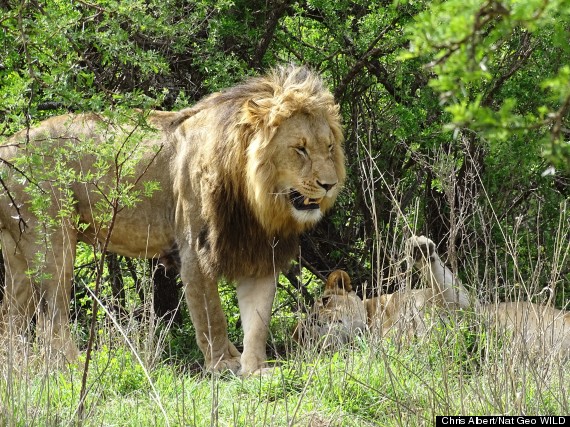
What kind of response do you have when you're tracking? Fear? Respect?
People always say “are you afraid,” and I say I’m always a little afraid, but I do a good job of keeping my head about me and processing things, but you have to show these animals a lot of respect. You think what the lifecycle of a big cat is, if you don’t kill, you don’t eat, and you die. So we’re talking about the best of the best in mother nature, and this has been honed, evolutionarily over millions of years, they’re really good at what they do, and you need to have a healthy respect for that.
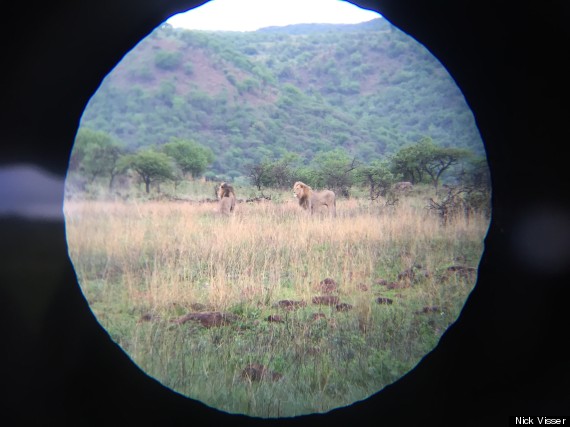
Do you think most people have that sense of respect?
I guess it’s like anything, it’s what you’re used to, it’s time and experience and feeling comfortable.
So many times I hear people say “if we just leave them alone, we came into their world.” And I agree with that wholeheartedly, we did, we’ve encroached. The idea that we just leave it alone and it’ll fix itself, we have to take into account our effect, our footprint’s everywhere, we have such an impact whether we want to or not. And we don’t acknowledge that we are not collecting the best information. Acknowledging our screw ups, but our successes, we can do a lot for a lot of species, and I think we have a responsibility. Whether they were here first or not, we have a responsibility to make sure that there’s wild places, that there’s wild things there and that they can function in a natural environment. We're kind of guardians in that way a little bit and if we don't take that responsibility serious we’ve got great examples of how that’s caused big problems and impacts on ecosystems, and when you lose it, you don’t get it back.
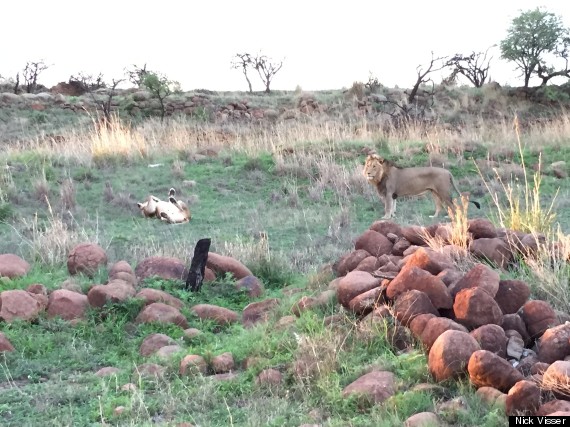
What needs to be done to stop the downward trend?
Everybody wants a magic bullet, a fix-it-all, one thing that if we do this it will solve the problem, and it doesn’t exist. I think we really need to look at big picture things, education is so important, and that doesn’t fix problems, but when people are educated about it they are more likely to make compromises.
Why should we all work towards saving big cats?
Big cats are important because with them comes big wild places. Being able to go into the wild and be somewhere where you are not the top of the food chain, I think it really, it makes you alive. When I go to the wild places it’s a spiritual thing, it renews you it fires you up. I’m not saying we go there and get scared and be afraid that everything’s going to eat us and we’re going to die, but certainly I think it does something for us spiritually.
I think that’s good for us, because we lose touch of that. I love not being at the top of the food chain. It keeps you alive. You have to focus differently, you’re not glued to that phone, you’re looking up, you’re smelling these different things. I think it lets us reconnect with nature.
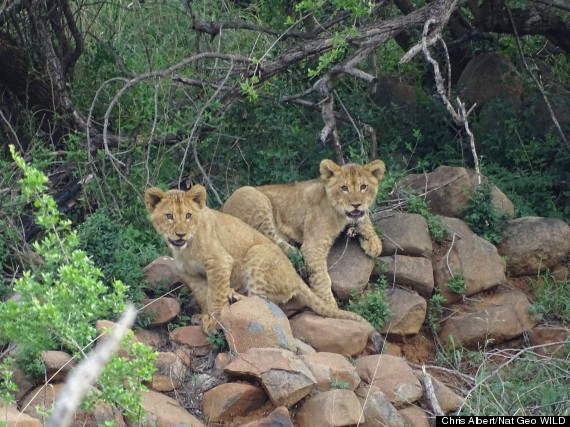
Nat Geo WILD's fifth-annual Big Cat Week starts Friday, Nov. 28 and runs through Dec. 3. Tune in Friday to watch Boone Smith in "Man v. Lion" at 9 p.m. EST and again on Tuesday, Dec. 2 at 10 p.m.
source
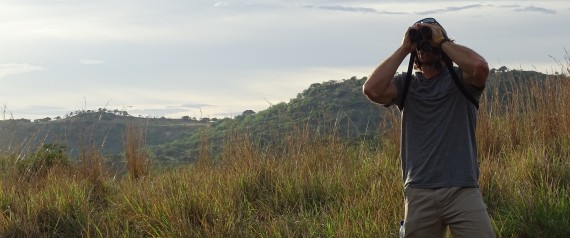
No comments:
Post a Comment